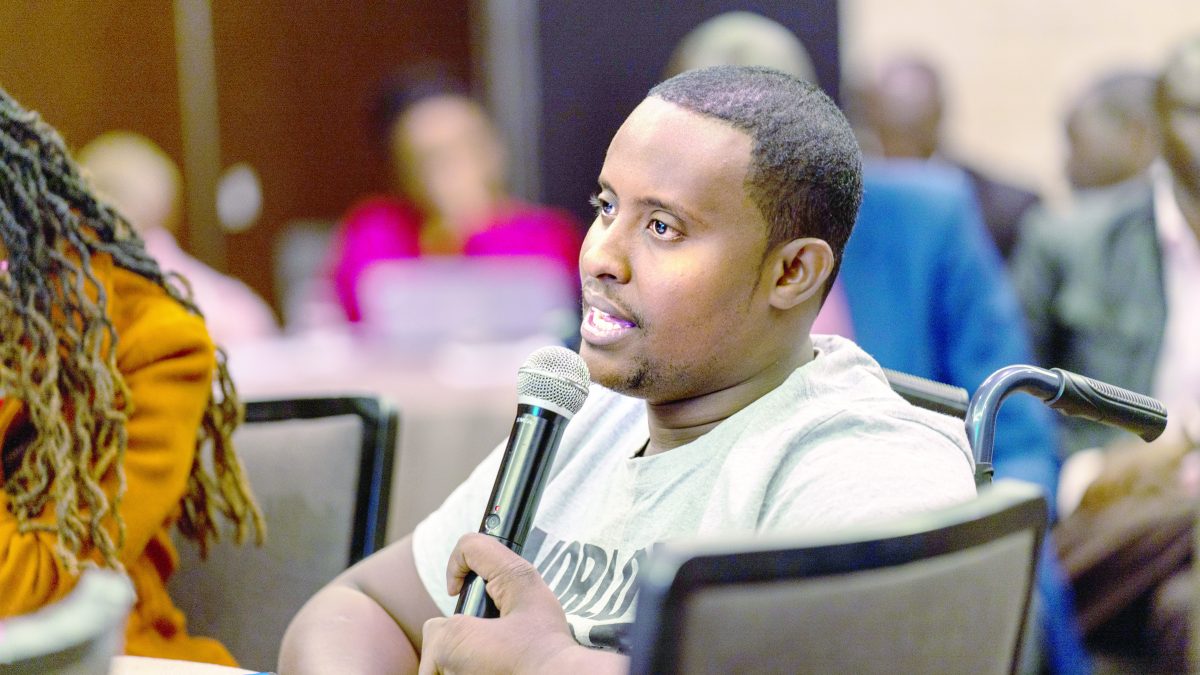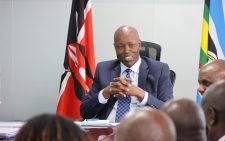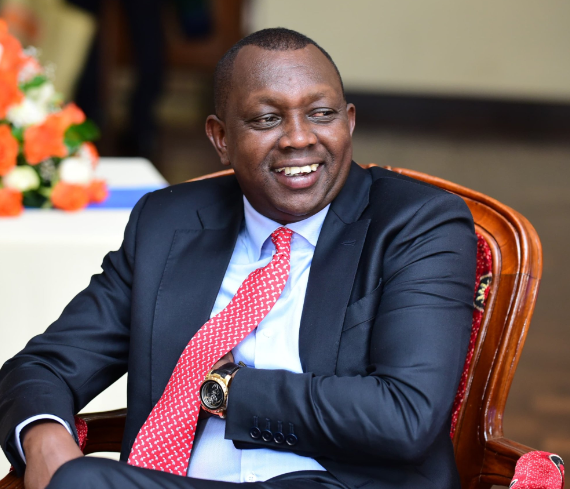How thousands became stateless in their own land

People get congratulatory messages for landing a job, getting married or closing a business deal.
But rarely because of receiving a national identity card. Why? Because to most people, it is nothing remarkable that warrants merry-making.
This is true for most Kenyans but not Aden Farah, 26, who became an ID holder last month for the first time in his life.
“I have now started living. I cannot explain the joy that I feel about this new phase of my life,” he says, beaming.
Aden was born in Garissa County to a Kenyan mother and father. Due to the harsh living conditions in the region, his family wandered into the Daadab refugee camp seeking food rations.
It is here that he was registered as a refugee. When he came of age and applied for a national ID, he received distressing news.
He was a victim of double registration. This refers to the erroneous registration of bona fide citizens as refugees which happened in the 1990s during a severe drought in northern Kenya that coincided with the Somali civil war.
The UNHCR camps set up in Kenya to offer provisions failed to distinguish Kenyan citizens from Somali refugees.
It is estimated that double registration has affected 40,000 Kenyans.
Last year, the government began the process of removing at least 14,000 genuine Kenyans from the UNHCR refugee database and issuing them with identity cards.
Apart from being declared stateless, double registration means you are not entitled to citizenship rights like access to government services, land ownership and education opportunities.
Disability card
Aden, for instance, could not run for political office in last year’s election because he did not have an ID.
“My life was hard. I have lost a lot of opportunities because of not having an ID. Even moving within the country is hard,” he says.
His saving grace has been a disability card which accorded him a degree of liberty and privileges.
The vetting process to verify his citizenship took too long.
“My vetting began in 2019 and I received my card in 2023.”
Last Friday, President Ruto officially awarded members of the Pemba community in Kilifi citizenship by conferring legitimacy to their identity cards, birth certificates, passport, and title deeds marking their end of statelessness for close to 100 years.
Members of the Pemba community, such as Mwalimu Ali Mkasha, who have lived under a banner of illegitimacy can now heave a sigh of relief.
According to the UN refugee agency UNHCR, a stateless person is not considered a national by any State under the operation of its law. Some people are born stateless, but others become stateless.
In the case of Mkasha, he was born stateless and has had a protracted history of suffering for not being recognized as a Kenyan. In 2007 he had a breakthrough and was issued with an ID. However, the card states he is Digo – a sub-tribe of Mijikenda instead of Pemba.
He adds: “I have seen my community members being beaten, arrested and some committing suicide because of sustained harassment by the authorities.”
“This inspired me to begin to fight for the recognition of my people,” he says.
The unfamiliar history of the Pemba community formed the basis of their statelessness. There is an island in Tanzania with inhabitants known as Pemba. According to Mkasha, it was assumed that the Pemba people in Kenya were migrants.
Universal laws
Mkasha and his team began a rigorous process of pursuing their history which revealed that, unlike the Shona and Makonde who were migrants and were granted citizenship, the Pemba are indigenous Kenyans.
Chapter 3 of the Constitution enshrines the rights of a citizen and so does the Universal Declaration of Human Rights under Article 15 which states: “Everyone has the right to a nationality” and that “no one shall be arbitrarily deprived of his nationality nor denied the right to change his nationality.”
“Despite having all these laws the state fails to use non-discriminatory criteria and procedures such as vetting to determine Kenyan citizenship, says Mustafa Mahmoud, Co-director of Namati Citizenship Program an NGO advancing citizenship rights.
He adds that some applicants are lucky to pass vetting the first time they appear before a committee. Others are asked to return over and over with additional documentation further delaying their acquisition of ID.











